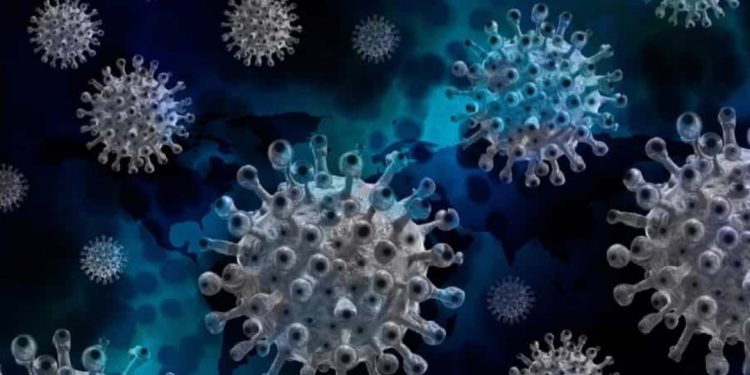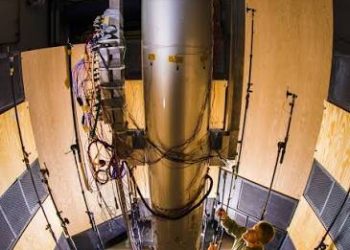Several claims and counterclaims have been made over the origin of coronavirus (COVID-19) ever since the spread was declared a public health emergency of international concern in January 2020.
The outbreak became a pandemic in just a few weeks that year in March, and caused havoc on mankind, killing millions of people and leaving many more reeling with long-Covid.
Researchers in China have now published reports that quash unproven theories linking the spread of the virus to lab leaks.
The Chinese Centre for Disease Control and Prevention (China CDC) researchers have published an analysis of swabs, which were collected at a wet market in Wuhan, a place in China where Covid is said to have originated.
The detailed report, which is published in Nature on April 5, has been produced after analysing the samples that were collected in the early weeks of the Covid spread in Wuhan.
This is also the first peer-reviewed analysis of the Chinese swabs of the Huanan Seafood Wholesale Market, which the world had been asking China to publish.
The crucial point is that it confirms animal DNA was present in samples that tested positive for SARS-CoV-2.
The market has been long linked to the start of the pandemic.
It means that an animal could have been an intermediate host of a virus that spilt over to infect humans.
However, the researchers still say that the findings are not enough to provide definitive proof that SARS-CoV-2 originated from an animal-to-human spillover event.
Despite the doubts, the analysis based on genomic data is crucial as it offered some proof of how the deadly pandemic began and Covid’s much-debated theories.
As quoted by Nature, Florence Débarre, an evolutionary biologist at the French National Centre for Scientific Research in Paris, said: “It’s one of the most important data sets we’ve had since the emergence of the pandemic. They exist because at the time the right things were done.”
Débarre is an evolutionary biologist at the French National Centre for Scientific Research in the French capital and was also part of a team that caused controversy by publishing their own analysis of the China CDC data last month.
Meanwhile, a virologist Jesse Bloom said that even earlier samples are needed to find the pandemic’s origins. Bloom, who is at the Fred Hutchinson Cancer Research Centre in Seattle, said, “If we ever learn the exact origins of SARS-CoV-2, I suspect it will come from new information about cases or events in early December or November of 2019, or earlier.” – Agency report.













































